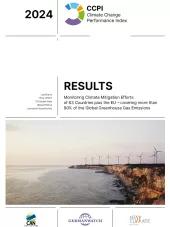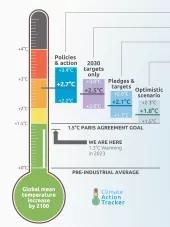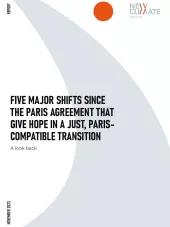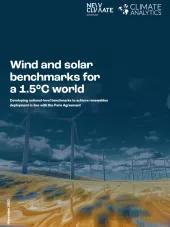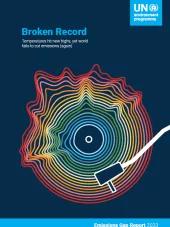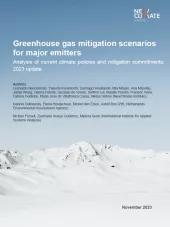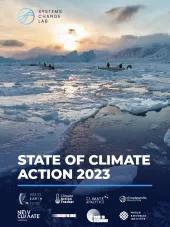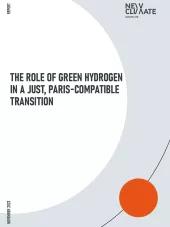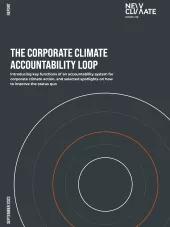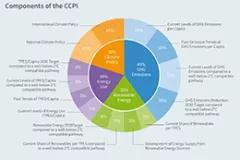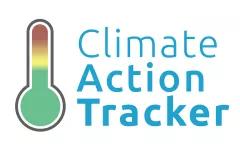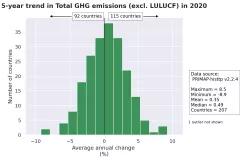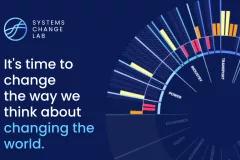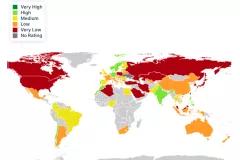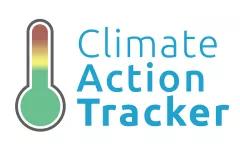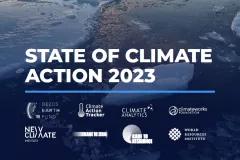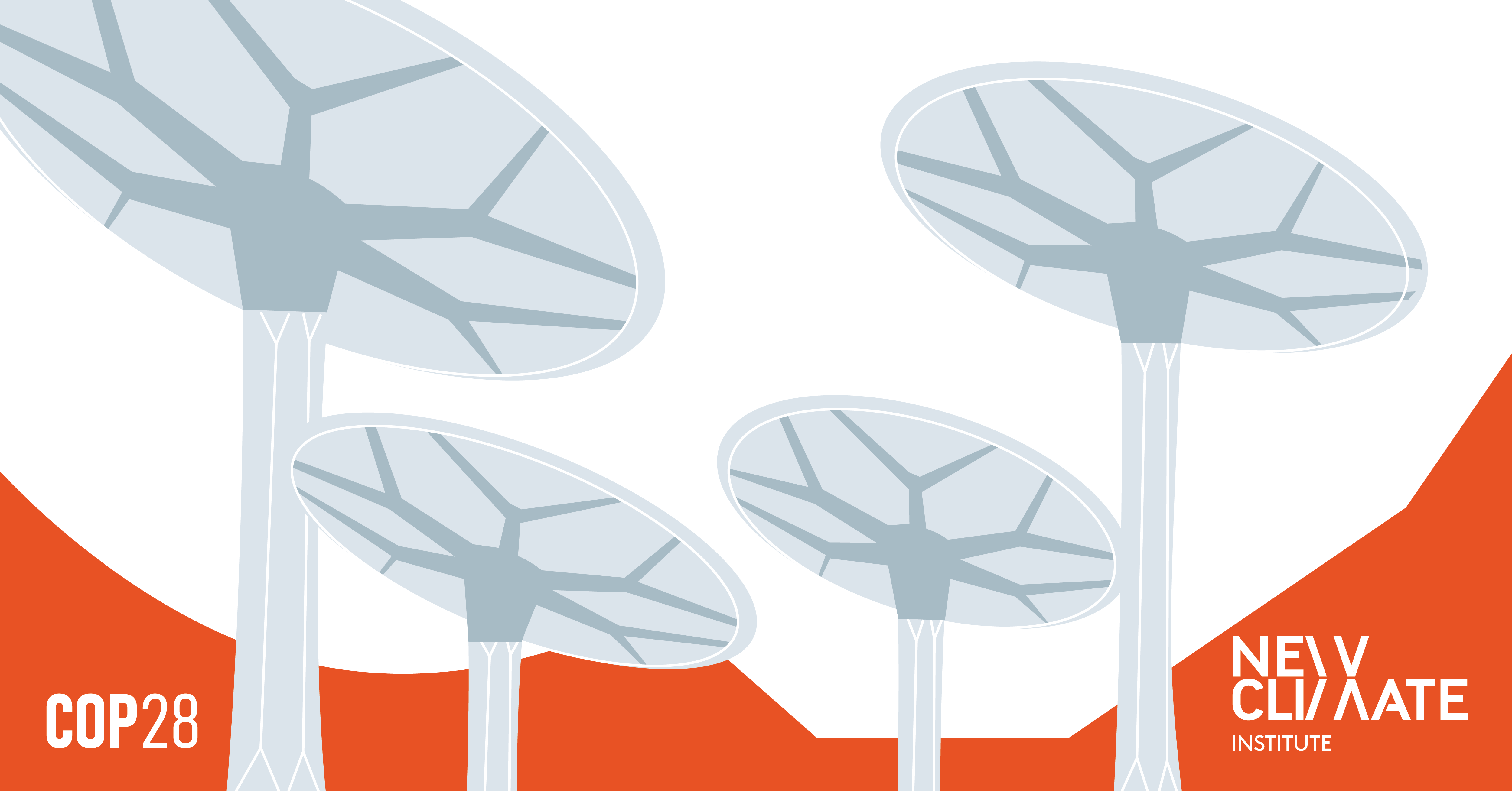
The 28th Conference of Parties of the UNFCCC (COP) takes place from 30 November - 12 December 2023. NewClimate Institute was present in Dubai hosting and participating in multiple events. Additionally, we will release several related publications before and during COP28.
The climate is breaking one negative record after the other this year with surprisingly severe climate events. Ideally, the climate conference would switch to emergency mode as a consequence, i.e., trying to turn what was once thought impossible into the possible and not being satisfied with the lowest common denominator. Unfortunately, such an emergency mode is nowhere to be seen in climate policy.
The following topics have piqued our interest at this year’s COP:
- What is the progress in international climate policy? The first Global Stocktake closes at the COP. To this end, we published the State of Climate Action Report with our partners in the Systems Change Lab in November. It is encouraging that we are expanding solar energy and electromobility worldwide quick enough to meet the 1.5°C limit. What is sobering, however, is that all other indicators are lagging far behind. The picture is also murky when it comes to national promises: we show with the Climate Action Tracker that almost no new NDCs have been received in 2023 and with the UNEP Emission Gap Report for the 13th time that the gap to 1.5°C is huge.
- What follows from the Global Stocktake? The identification of the gap must now be translated into clear instructions for action at the conference. It is virtually a given that the conference will agree on tripling renewable energy and doubling energy efficiency. But things are different when it comes to phasing out fossil fuels (the subject of a Climate Action Tracker briefing on December 5th). Copying that model, further global guardrails could be agreed, e.g. agreeing on a year by when subsidies for fossil fuels, coal-fired power or the sale of diesel and gasoline cars should be concluded, or to what extent the enormous emissions from food production should be reduced. In addition, countries could be driven to a race to the top by comparison with others.
- How can countries help each other with the transformation? Great hope is placed in the Just Energy Transition Partnerships (JETPs), climate partnerships in which concrete transformations in a country, such as the coal phase-out, are supported by a group of donor countries. But implementation is proving difficult. When collaborating on green hydrogen, certain conditions should be met to ensure fair participation in a low emissions future.
- Are oil companies the good guys now? The president of the conference, Al Jaber, is trying everything to bring the oil industry to the table. But his initiative, in which oil and gas companies should reduce their own emissions to zero, is not really credible. It's not the companies' emissions that are the problem, but rather those that occur when the oil and gas they sell is burned. But these emissions are not covered by the initiative. Oil industry seems to be doing everything it can to extend the life of fossil fuels with fake solutions such as CO2 capture and storage, e-fuels for cars or hydrogen for heating. More on this from the Climate Action Tracker briefing on December 5th.
- Who scrutinises companies’ climate action? Companies are feeling the pressure from investors and the public to get involved in climate protection, and the number is increasing. Financial investors also have difficulty finding the right approach. Unfortunately, this still facilitates many companies to present themselves as doing far better than they really are - greenwashing. In the Corporate Climate Accountability Loop, we have listed elements of an effective international verification mechanism. This will also be an issue at the COP, as the UNFCCC Secretariat seeks to take on a review function. A corresponding proposal is being discussed there.
- Is there still hope? As a bit of self-therapy, we wrote a paper that describes the positive developments since the adoption of the Paris Climate Agreement. And a lot comes together!
NewClimate people in Dubai: Prof. Dr. Niklas Höhne (all topics), Thomas Day (Corporate climate accountability), Juliette de Grandpré (Carbon markets), Dr. Takeshi Kuramochi (Mitigation by national and subnational governments and companies), Aki Kachi (Finance), Imogen Outlaw (Multilateral development banks, hydrogen), Mats Marquardt (Sustainable development impacts, CBAM), Victoria Fischdick (Comms)




